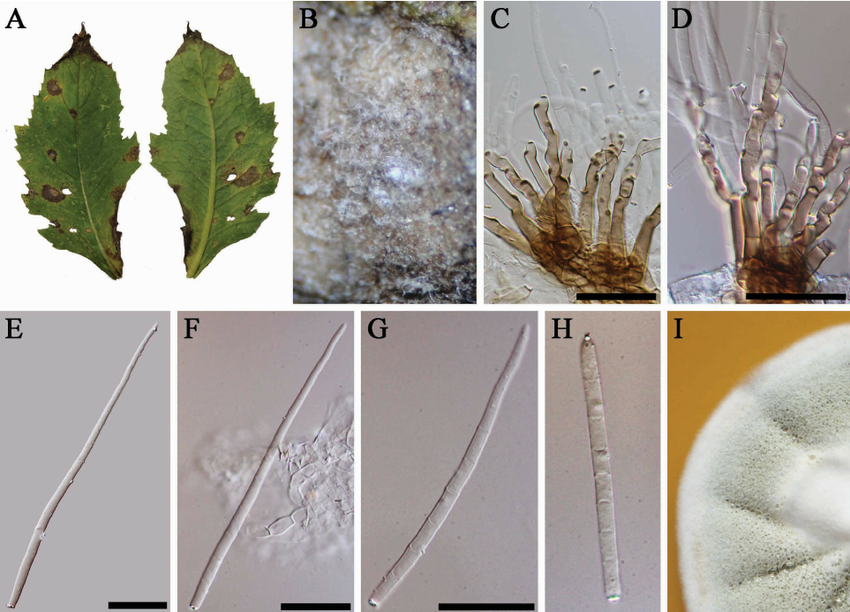GROWTH OF SESAME AS INFLUENCED BY VARIETIES AND PLANT EXTRACTS ON THE CONTROL OF Cercospora sp. IN ARDO-KOLA AND GASSOL, TARABA STATE, NIGERIA
Keywords:
Cercospora sp, sesame varieties, plant extracts, infection rateAbstract
Field trial was conducted at Ardokola (Latitude 0800 53′N and Longitude 1100 19′E) and Gassol (Latitude 08o 31′N and Longitude 10o 33′E) 2012 to investigate the influence of four cultivars (Yandev 55, NCRIBEN 01M, E8 and NCRIBEN-03L) and five plant extracts (Azadirachtaindica, Jatrophacurcas Linn., Aliumsativum, Ocimumgratissimum (L., Chromolaenaodorata) and Benomyl including unsprayed control on Cercospora sesami on sesame growth parameters. The trial was designed using randomized complete block design (RCRD) in a split plot arrangement in allocating treatments to plots which was replicated four times. In both locations sesame plants were sprayed with 10% extracts once in every two weeks using hand sprayer from 4 to 10 weeks after sowing. Results obtained showed that plant extracts (Ocimum, Chromolaena), which had statistical similarities with Benlate help to significantly reduced incidence of infection of Cercospora leaf spot (CLS) disease on sesame and slow down epiphytotic rate of progress, which subsequently resulted in to significant increase in plant height (cm) and branches per plant at both locations. Furthermore, variety E8 was found to be resistant to Cercospora leaf spot.
Similarly, interaction effect indicated that E8 seedlings sprayed with plant extract from Ocimum gratissimum and Chromolaena odorata gave the lowest incidence and infection rate, compared with the highest disease obtained from unsprayed plants of Yandev 55 variety. This had resulted in highest increase of plant height (cm) and branches per plant. From this study it could be seen that the performance of the plant extracts is comparable to the synthetic fungicide Benomyl, and therefore this has given the farmers ample opportunities to try many alternatives that are user friendly. Therefore, plant extracts and crop varieties can be used as a potential tool in plant disease management, particularly Cercospora leaf spot of sesame, as sustainable and ecofriendly botanical fungicides that are economically and environmentally rewarding for sesame and other crop producers.

